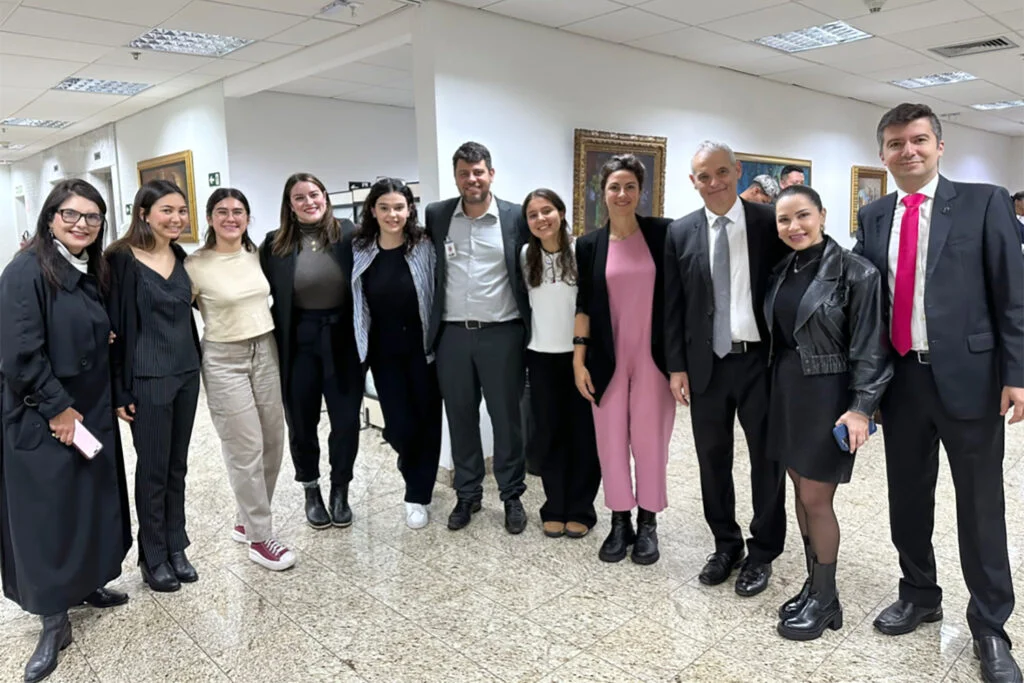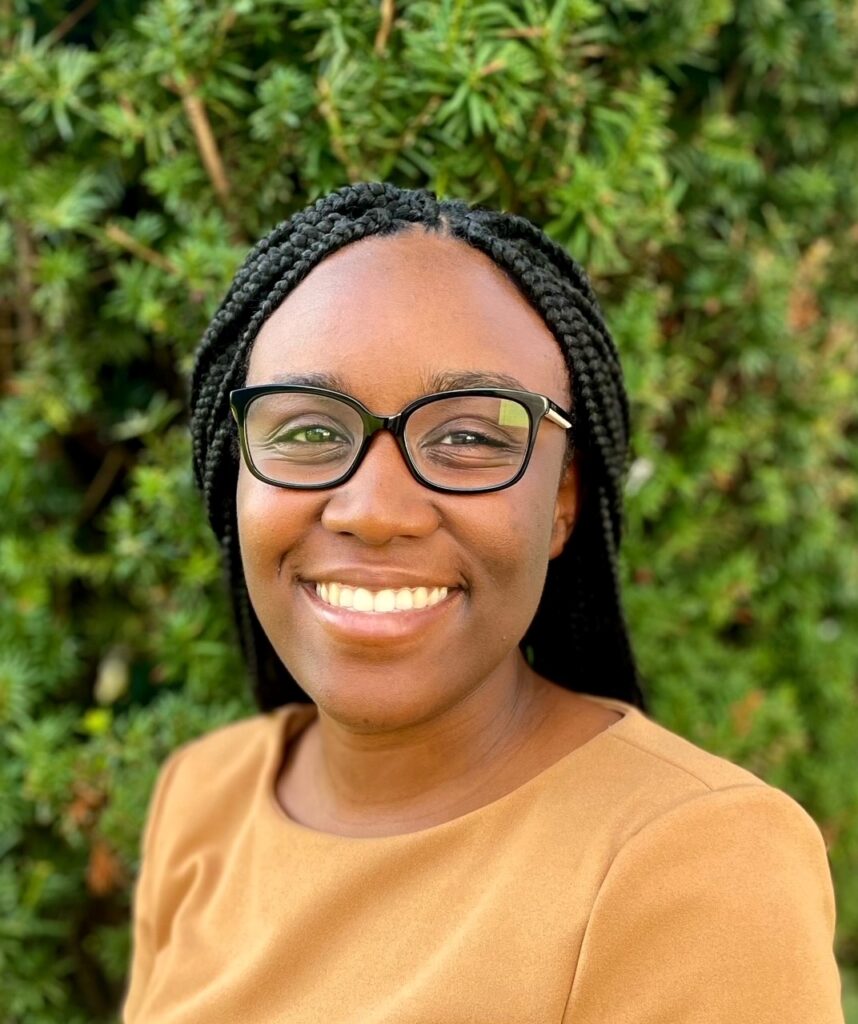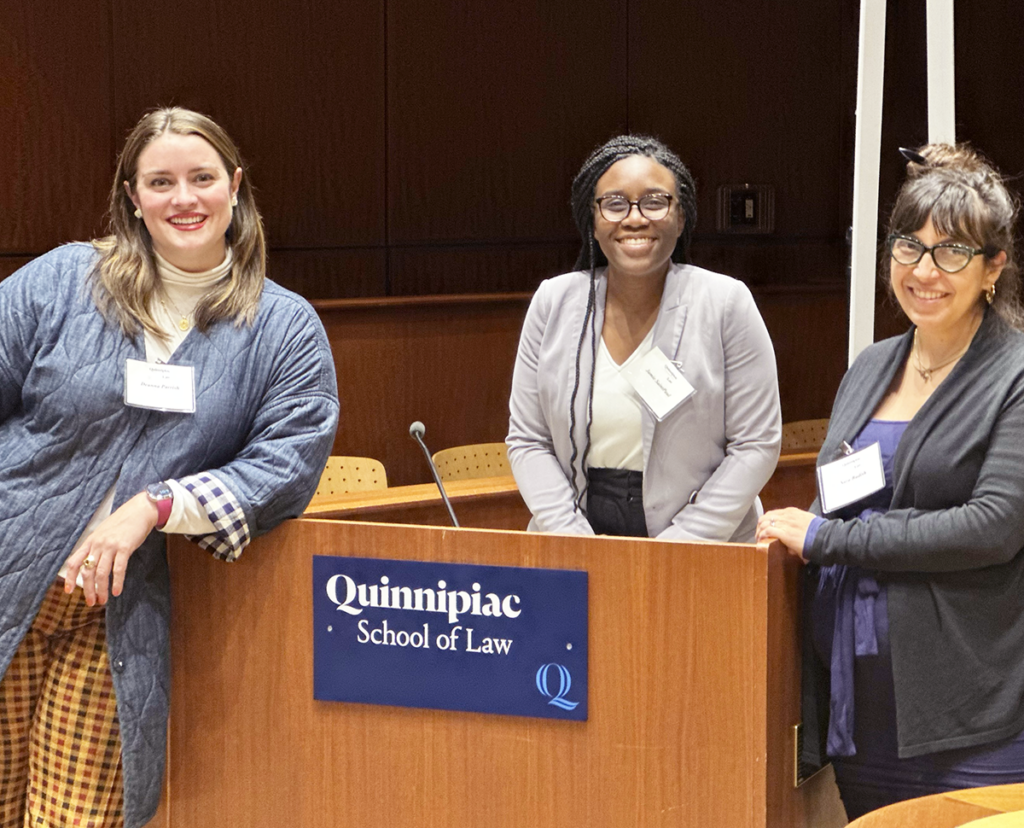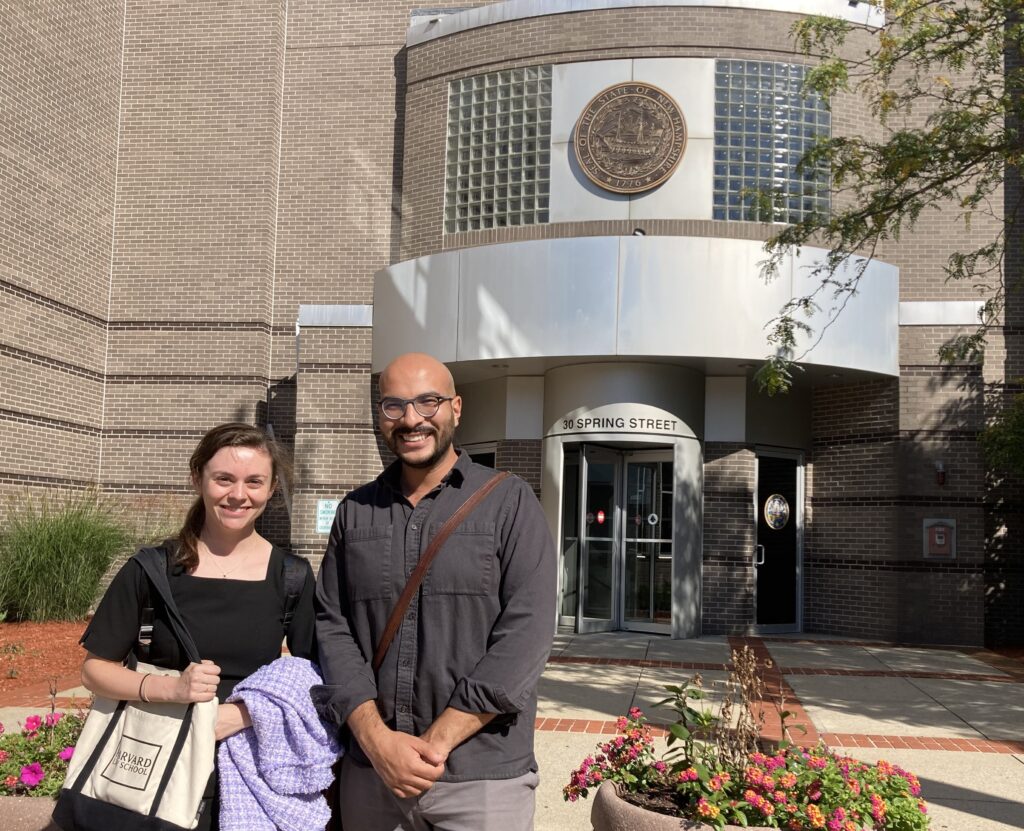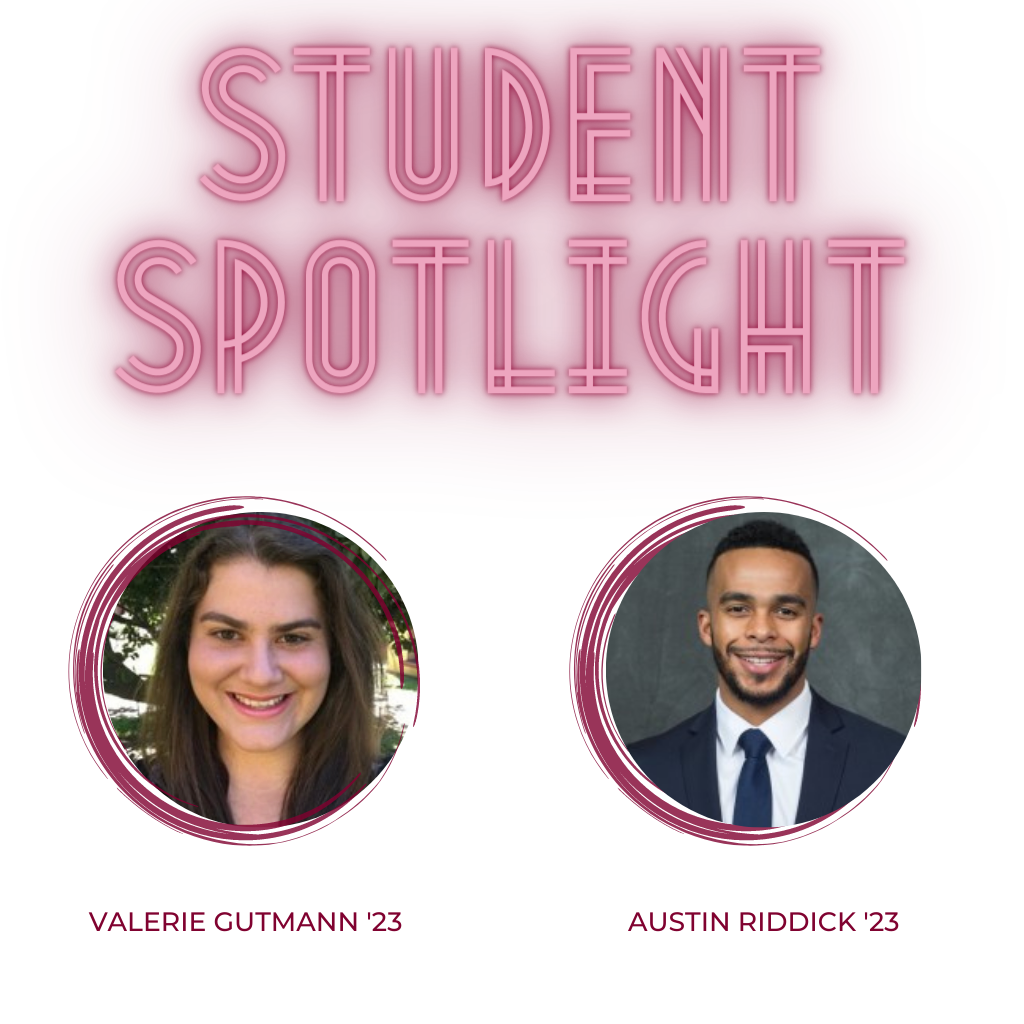This article about the recent HNLR Annual Symposium, sponsored by the Harvard Negotiation & Mediation Clinical Program, was published in Harvard Law Today, written by Victoriya Levina and Basil Williams
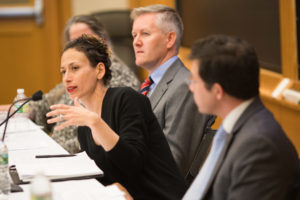
Sydnee Robinson, a 2L at Harvard Law School and chair of the 2019 Harvard Negotiation Law Review symposium, and Shannon Schmidt, a Harvard Divinity School student, first came together to discuss their shared interest in restorative justice in summer of 2018. They were drawn to the topic because of the ways in which it represents a paradigm shift in how to view and respond to harmful behavior. An evolving concept and growing field of practices, restorative justice focuses on responding to harm through facilitated dialogue. By the fall, Robinson and Schmidt had teamed up to help organize HNLR’s three-day event.
The 2019 Harvard Negotiation Law Review (HNLR) symposium, “Redressing Harm Through Restorative Justice,” held February 5-7 at Harvard Law School, brought together students, faculty, staff, ADR practitioners, attorneys, and members of the greater Boston community to explore various applications of restorative justice within the criminal justice system in the United States and in post-conflict systems around the world. The symposium, which focused on the challenges of addressing power imbalances and trauma through implementation of restorative practices within communities, featured remarks, panel discussions, an interactive workshop, and a film screening.
As a journal, the Harvard Negotiation Law Review (HNLR) has long been interested in exploring creative methods of addressing harm, particularly those that go beyond punitive justice and attempt to restore relationships and communities. In 2015, HNLR hosted a symposium on the theory and practice of restorative justice.
“The HNLR Symposium felt like a special opportunity to bridge the gap between experts and community members,” said Schmidt. “While our speakers taught us about the powerful work they are doing in fields related to restorative justice, members of the audience actively engaged in these topics on the level of their own experiences in their own communities.”



